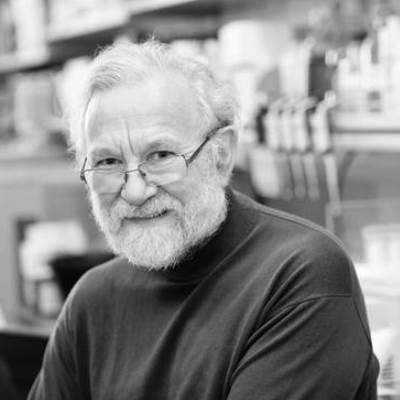


Dr. Ali D. Güler is an Assistant Professor of Biology at the University of Virginia. Throughout his training, he has been interested in manipulating molecular, biochemical and electrical characteristics of specific cell types to investigate the inner workings of the mammalian nervous system. After graduating from Bowdoin College, he earned a PhD at Johns Hopkins School of Medicine where he studied the structure and function of temperature-gated ion channels. During a short fellowship at the Johns Hopkins Department of Biology he demonstrated the necessity of a specialized light-recipient retinal cell type in synchronization of physiological circadian oscillations to the day/night cycle. As a Howard Hughes Medical Institute Life Science Research Foundation Fellow at University of Washington, he developed a mouse model to control reward-signaling neurons of the brain to study their role in motivated behaviors. In his laboratory at the University of Virginia Department of Biology, he is focusing on delineating the neuronal circuits that govern reward processing and circadian rhythms to understand how the brain sifts through complex information to select proper behavioral responses.
















